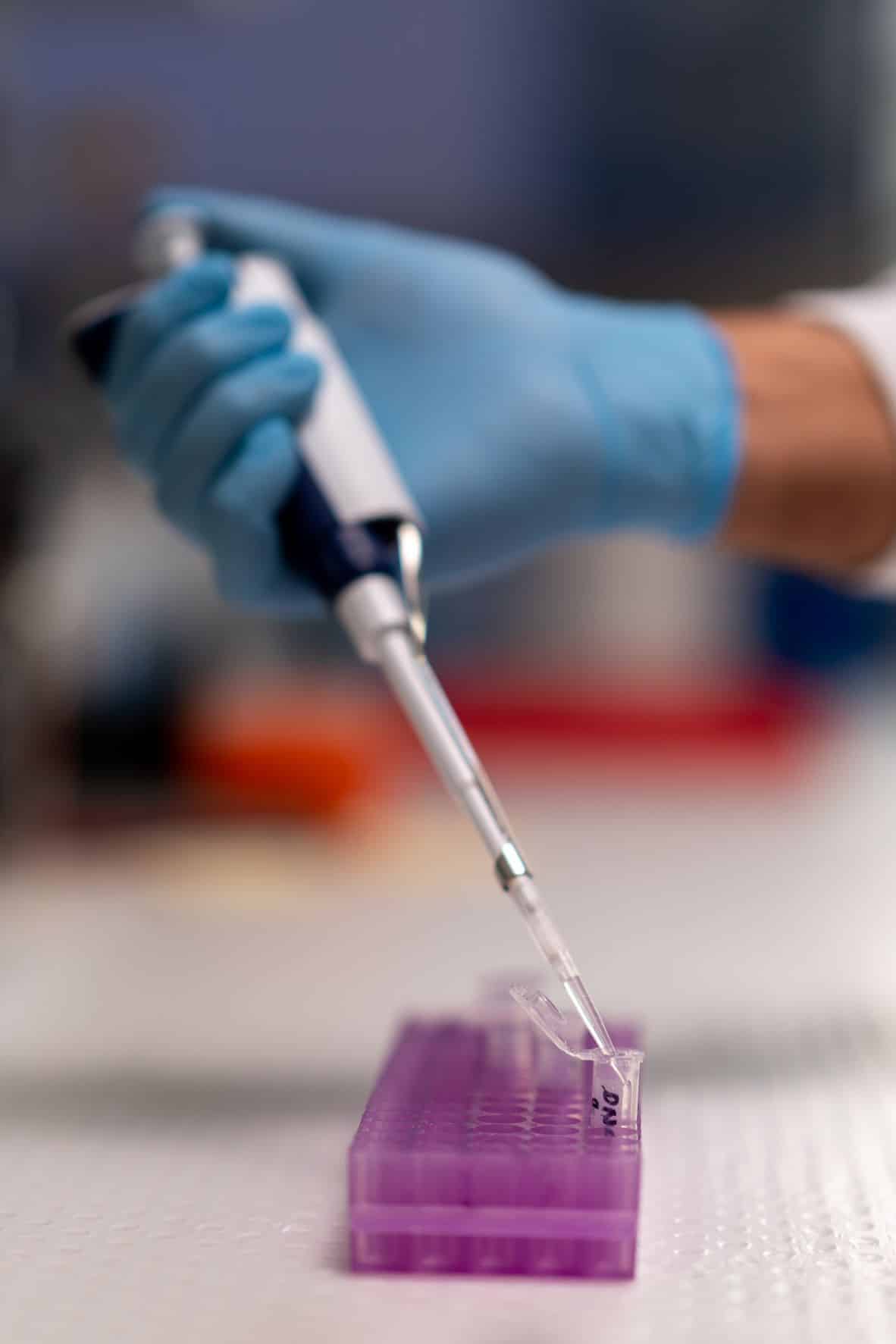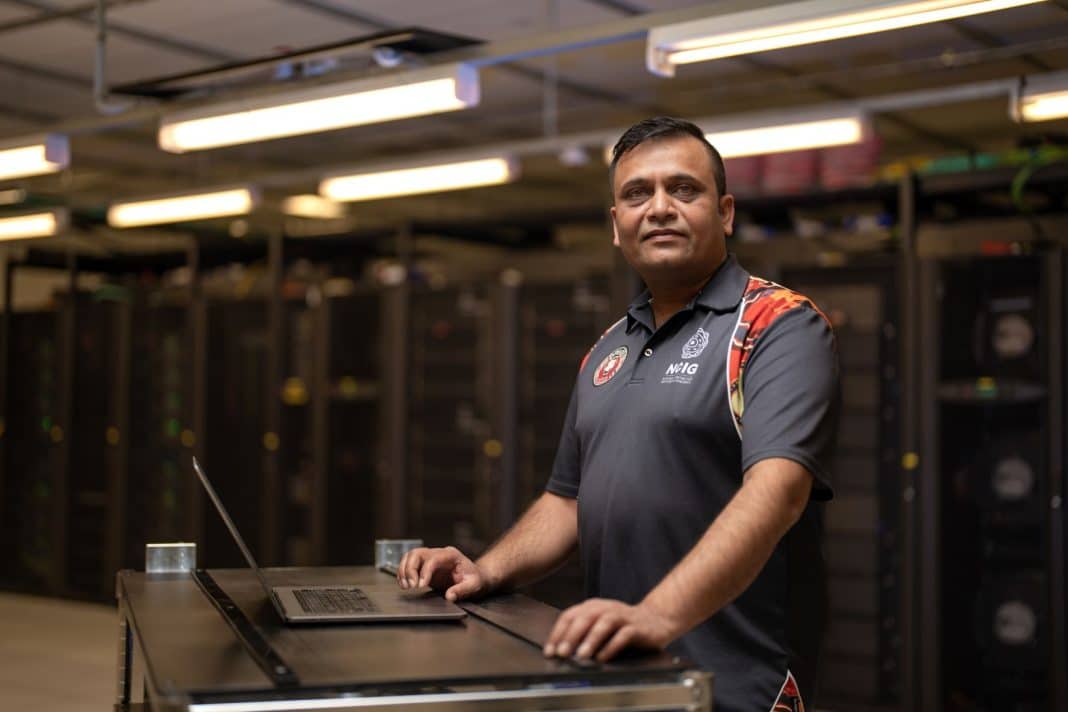Steps are underway to improve the diagnosis rate of Indigenous Australians living with rare genetic disorders. The Garvan Institute of Medical Research has partnered with ANU’s National Centre for Indigenous Genomics (NCIG) in creating a database that aims to house an accurate representation of the rich genetic make-up of our First Nations People.
“[With} Rare genetic conditions generally for Indigenous people, there is misdiagnosis, less diagnosis, the reason for that is there is no reference database,” says Dr Hardip Patel, Bioinformatics Lead at NCIG.
The work is made possible with a grant from the Federal Government’s Medical Research Futures Fund which saw the project awarded $986,000. The plans for the database would see the DNA recorded of more than 500 Indigenous Australians from eight communities in Northern and Central Australia.

The data gathered will help medical professionals when working with Indigenous people to help them find a diagnosis, receive treatment to manage symptoms, and improve their quality of life. Dr Patel says that First Nations People have a unique genetic diversity that is missing from global genomic datasets. While looking at the preliminary data they have found around a quarter of genetic variants present in First Nations Australians haven’t been recorded anywhere else in the world.
Researchers will use Oxford Nanopore Technologies’ long-read DNA sequencing platform to collate the information they have collected. When studying the DNA, they don’t have to just identify genetic variants, they have to figure out which ones impact health outcomes. For this, they will use the country’s most powerful supercomputer, which is housed at ANU’s National Computational Infrastructure building at ANU.
The team is ensuring that the communities are involved with every step; Dr Patel says that historically things have been done with people as an afterthought. This time, though, they want to get it right.
“We need to make sure that we listen to community participants who give us their precious data. So, the system and data has to be designed not with the community in mind but with them guiding.”
He says they are in the early days of creating something based on genomics technology and it is important to take the time to do it correctly. That may mean the database grows slowly; so far, they have 160 individuals involved, and the pace will be determined by the communities and the level of trust they feel in the project.
“We need to consult with communities and identify the best way to move forward and make this database available for clinical decision-making.”
Get the latest news, sport, entertainment, lifestyle, competitions and more delivered straight to your inbox with the Canberra Daily Daily Newsletter. Sign up here.



